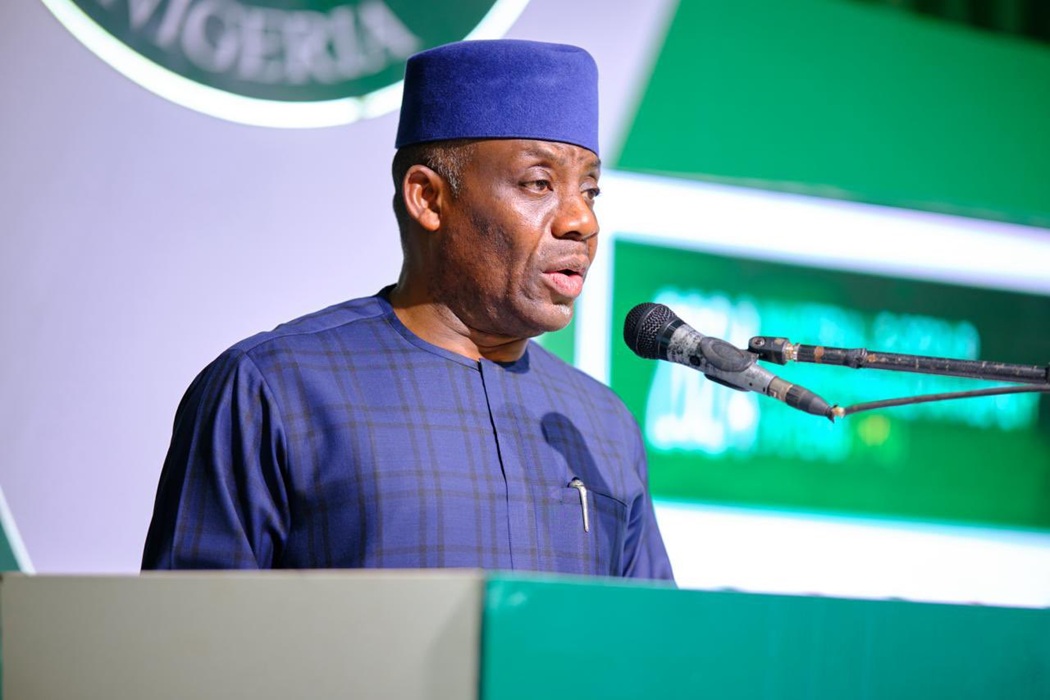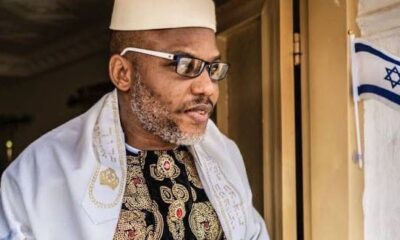Education
BREAKING: FG Cancels Use of Indigenous Languages in Schools
The Federal Government has officially cancelled the National Language Policy, ending the use of indigenous languages as the medium of instruction in Nigerian schools.

- The Federal Government has officially cancelled the National Language Policy, ending the use of indigenous languages as the medium of instruction in Nigerian schools.
The Federal Government of Nigeria has scrapped the national policy that mandated the use of indigenous languages as the medium of instruction in schools across the country.
The decision was announced by the Minister of Education, Dr. Tunji Alausa, during the 2025 Language in Education International Conference organised by the British Council in Abuja.
According to the minister, the move was approved at the 69th meeting of the National Council on Education, held in Akure, Ondo State, between November 3 and 7, 2025.
The policy — first introduced in 2022 — required that pupils from Early Childhood Education up to Primary Six be taught in their mother tongue or the language of their immediate environment.

However, Dr. Alausa revealed that evidence showed the initiative had failed to improve learning outcomes in key national exams such as WAEC, NECO, and JAMB.
“We have seen a mass failure rate in WAEC, NECO, and JAMB in certain geopolitical zones of the country — and those are the regions that adopted the mother tongue most aggressively,” the minister stated.
DON’T MISS: NYSC Begins Physical Verification for Foreign-Trained Graduates, Releases List of Centres, Requirements
“This is about evidence-based governance. English now stands as the medium of instruction from pre-primary to tertiary education. Using the mother tongue for the past 15 years has destroyed education in certain regions. We must talk about evidence, not emotions.”
For years, scholars and cultural advocates have pushed for greater use of indigenous languages in education, arguing it would boost comprehension and preserve Nigeria’s rich linguistic heritage.

However, the government insists that English — as Nigeria’s official language — remains the most practical and unifying medium for learning and communication across its diverse regions.
In comparison, countries like China and Russia continue to teach primarily in their native languages, but Dr. Alausa said Nigeria’s multilingual reality makes such a model difficult to sustain.






















